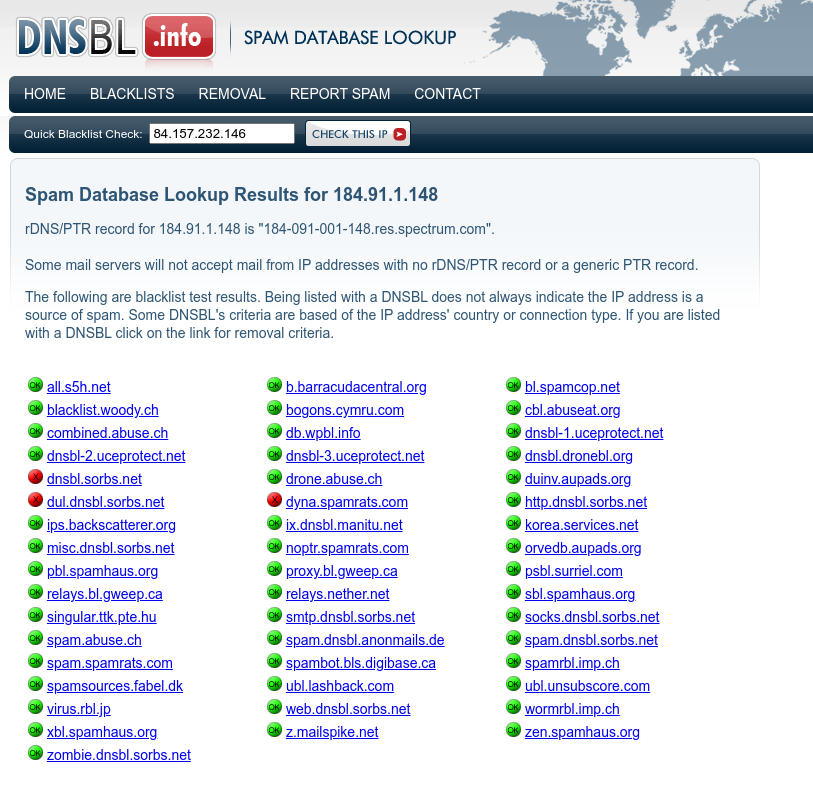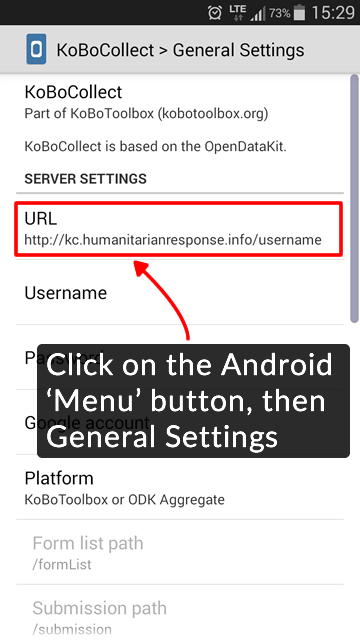

This will add them to the “Rows” and “Values” sections of the Variables tab.įilter down the report to show only those URLs that contain any query parameter. Now, double-click both on the dimension and on the metric.
#Collect url free#
If you want to learn more about Free Form Exploration reports, read this. Then, import Views in the Metrics section.
#Collect url plus#
Import Page path + query string (or Page location) dimension by clicking the Plus icon here: Identifying URL query parameters that you want to excludeįirst, you need to identify what URL query parameters should be excluded. That can be done with a custom report. Go to Explore > Blank. You remove what’s unwanted while you still keep important query parameters (such as success=true from the previous example). That’s where the “Exclude URL query parameters” feature is useful. I don’t want to see those parameters that pollute my reports, like fbclid, _hsenc, mkt_tok, mc_cid, etc. Sure, you could use a dimension called Page path (that does not contain query parameters) but maybe I want to analyze data including *some* query parameters.


That applies if you use dimensions such as Page path + query string or Page Location. If another visitor comes to your site, he/she will see a different fbclid value in the URL – /pricing? fbclid=ihgvefb98yg3ebfji8圓hefnk.Įven though both users landed on the same /pricing page, Google Analytics will show these as two unique URLs in the reports. So instead of seeing /pricing in your reports, you will see /pricing? fbclid=sdfghjkluytresvbjk4567890dcvb. They are important for other tools (like Linkedin Ads, Facebook, Mailchimp, etc.) but they bring no value to analysis in GA.įor example, if a visitor lands on your website from Facebook, the page URL will contain an additional parameter fbclid. That’s useful.īut many URL parameters give no direct benefit to us in the GA reports. Since the success=true query parameter is in the URL, we can see in Google Analytics reports that this was a successful form submission. For example, if someone submits a form on a page, they might be redirected to a page /signup?success=true. URL query parameters are not bad by nature. Popular query parameters you might want to exclude.Create a variable that excludes query parameters.Identifying URL query parameters that you want to exclude.Why are URL query parameters a problem?.It is a minimalistic app that does not offer a lot of advanced features, but it is easy to use and can get the job done.Here’s what you will learn in this article To sum up, Collect URL is a reliable web crawler for users who need to scan for and save a list of URLs starting from a specific address. Unfortunately, none of your settings are saved when shutting down the program, which means you may have to perform these configurations multiple times if you use the application on a regular basis. Straightforward app that could use some improvements They are fairly straightforward, but it still would have helped if some explanations were provided via tooltips.Ĭollect URL allows you to select between several crawling engines, and you can alter the connection timeout and response timeout values.Īdditionally, it is possible to limit the scan to single domains, and you also have the option of ignoring extensions you are not interested in. If you want your scan to be more precise, you can have the program display the advanced settings that are hidden by default. Offers a set of basic filters for you to work with However, you cannot limit the depth of the scan, a feature that should not be missing from such an application. The search will continue for as long as necessary in order to follow and gather all the related links. Just enter the desired URL, click the Start button and wait for the list to be populated. You can get started with Collect URL in no time at all, as there is no need to perform any configurations before launching a scan. It is not really packed with features, but it does offer a couple of handy filtering tools, and it is very easy to use. Collect URL is a relatively straightforward web crawler that can create a comprehensive list of links starting from a user-defined address.


 0 kommentar(er)
0 kommentar(er)
